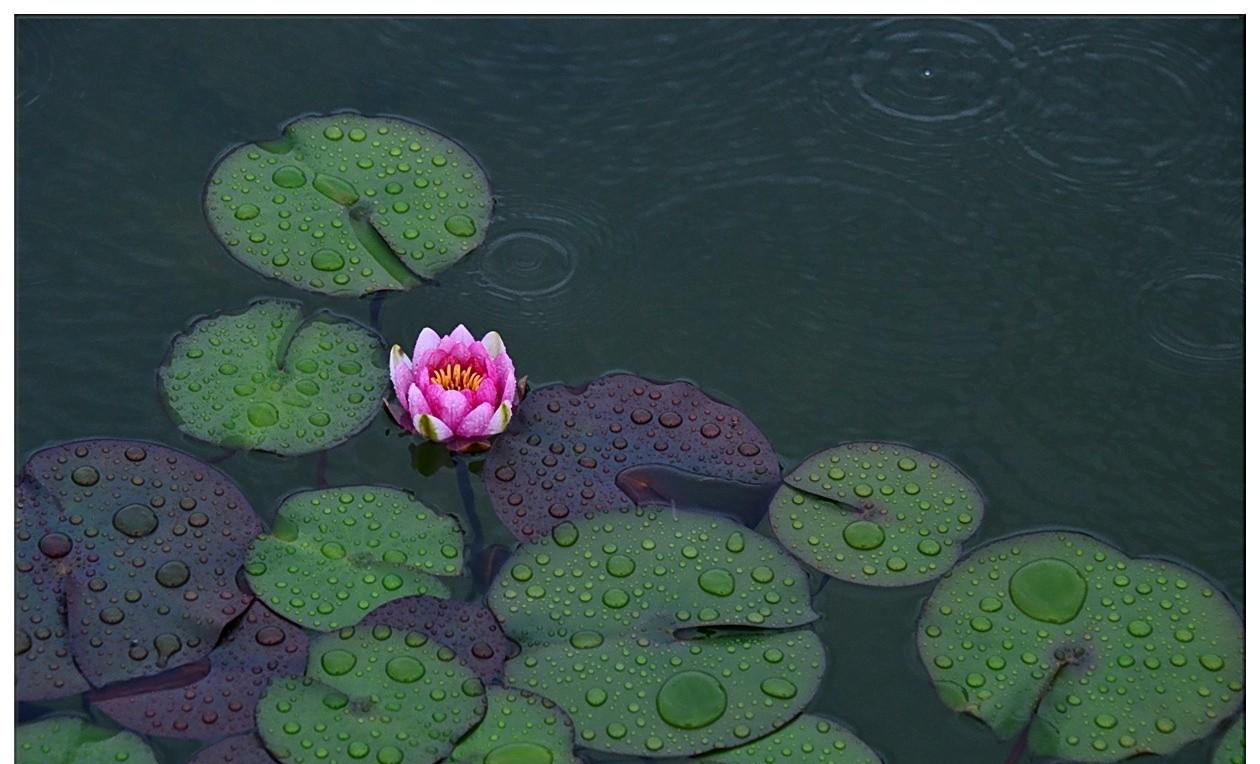There will be many partings in life, and the most painful parting is the parting of life and death.
In ancient times, communication, transportation, and even medical conditions were extremely underdeveloped, but after parting, we could still look forward to seeing each other again; however, only after life and death, there was no expectation of meeting again.

Therefore, under the pen of the ancients, there will be so many parting poems, and there will be so many mourning poems.
The best of them is the Tang Dynasty Yuan Shu's "once the sea was shipwrecked as water, except for Wushan is not a cloud." At first glance, these two Tang poems feel very advanced to read, but it is not clear what content he is expressing and what emotions he is expressing.
After understanding the background of the whole poem, we know that these two Tang poems are from the Tang Dynasty Yuan Shu's "Five Songs of Departure from Thought, Four", and the whole text is only four verses:
Once the sea was shipwrecked as water, except for the Wushan Mountain is not a cloud.
Take the second flower bush lazy review, half edge monasticism half edge jun.
The content of the poem is very simple, expressing the nostalgia for the deceased wife, using all beautiful words to describe the other party. This most beautiful thing, one is "canghai", the other is "Wushan".
"Mencius Dedication" has a cloud: "Those who look at the sea are difficult to be water", which means that they have seen the waves of the sea water magnificent and vast, and they will not be surging with the river that can be seen through. Although the river has its softness, in the minds of the magnificent viewers who are accustomed to the sea, the river is no longer enough to see.
Look at Wushan again. Song Yu's "Gao Tang Fu" has an allusion to "Wushan Yunyu", which is written about the legend of king Huai of Chu and the goddess. The original text is very obscure, but it fits the intimate relationship between Yuan Shu and his deceased wife.
The verse is ostensibly to say: Except for the clouds on Mount Wu, all the other clouds are not enough to be seen. In fact, he cleverly used the allusion of the goddess of Wushan, comparing it to a beloved woman, fully expressing his sincere feelings for that woman.
Once the tenderness around, once shared with the companions, once spent a wonderful time together, and now has become a lost soul, nothing, and can no longer really meet each other, how not to let people sadness come from it!
Hundreds of years later, Su Shi also wrote a wonderful work of mourning his dead wife on the night of a month. A sentence that "there is no word for each other, but a thousand tears" writes the sadness of life and death in the world.
Without experiencing the separation of life and death, I am afraid that I cannot understand the feelings that these two poets have condensed in these two poems.